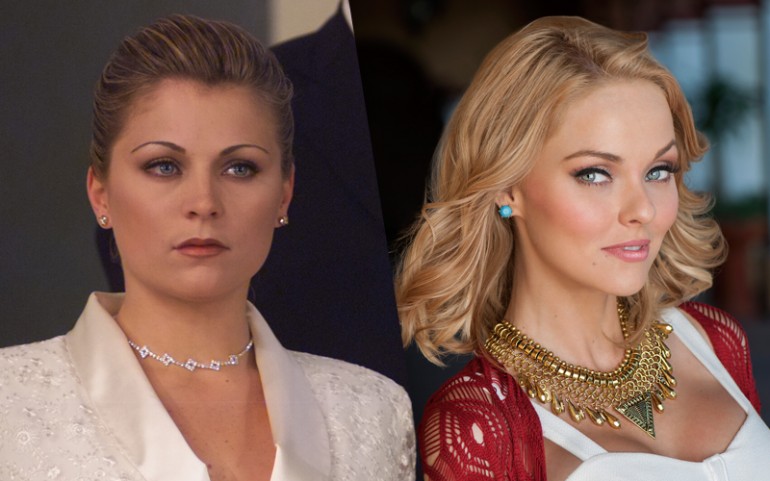To know who we are, we must see ourselves in stories
I want to digest telenovelas 'emotionally’ like we mentioned in class. As someone from the United States who loves Latin American culture, I really crave experiences that teach me about Hispanic cultures, especially ones that make me feel a part of the culture. Learning that “telenovelas are like a window into Latin American society” made me really excited. I have a good friend who is Venezuelan, and he is obsessed with the Bolero singer Luis Miguel. We mentioned Bolero in class as a genre of music that goes well with telenovelas since both usually have that similar type of melodramatic feeling. I learned so much about my friend through listening to his favorite type of music. It wasn’t that I started treating my emotions the same way that he treats his but listening to songs like “Hasta que vuelvas” and “Usted” which are so much different that the music I usually listen to, helped me understand him better. When people share their favorite music, movies, or books with me, it’s really special. It’s almost like a window into their soul.
In another one of our class readings, I read a sentence that has to do with this: “to know who we are, we must see ourselves in stories.” I've always been a big story person. I loved reading books and watching TV as a kid. I loved making art and writing blogs in high school. And even now through photography, anime shows, and podcasts/music, I'm constantly telling and listening to stories. It made me wonder if that's because with any story I listen to or watch, I'm looking to find more of myself. The reading also mentions that stories, especially the ones in your culture, are in charge of your sentimental education. I wonder which stories played the biggest part in my sentimental education. I wonder how different/similar those will be to the telenovelas we learn about in class and the one I chose to watch called Rubí.
I had one more slightly related thought I wanted to add to this blog. The media we consume really does affect how we feel about ourselves and our society as a whole. I know we will dive into gender roles later in the semester, but immediately I want to get something off my chest: telenovelas rosas make me a little angry. Not to say I don’t enjoy those types of Cinderella stories (which is ironic), but I always found those types of princess stereotypes confining. I know there are many unhealthy male stereotypes portrayed in the media as well, but as a woman, I pay special attention to the way the female characters are portrayed in stories and their roles within the bigger plot of the story. Ever since I was old enough to understand some of the societal norms/stipulations placed on women, I’ve always been interested in looking at literature and art through a feminist lens. So, all that to say I’m really interested in learning more about that throughout the semester. I’m especially interested to see how my chosen telenovela, Rubí, will play with gender roles.

Hi Maddie! I really like your last point you made in this post about the stereotypes portrayed in some traditional telenovelas. I think this is a part of why some of these old telenovelas have started being remade. I'm watching Sin senos si hay paraiso, a spinoff of Sin senos no hay paraiso, and I can see where they add in modern touches to make it not so stereotypical. I saw the term "millennial telenovelas" online, which basically means telenovelas that deal with actual real world things like sexism, racism, and homophobia. It's cool to appreciate older telenovelas, but it is also refreshing to see remakes or even just new telenovelas that work to reverse stereotypes.
ReplyDeleteMaddie, I, too, at the beginning of the semester felt slightly frustrated with stereotypes perpetuated in certain telenovelas. Though many of them follow this trend, we have learned over the course of the past few months that there are many different types, and some who have attempted to overcome some of these stereotypes. Still, many audience members love telenovelas, as well of the stereotypes. And most of these people are women. It is important to be knowledgeable of stereotypes and how they work against feminism. However, to me, a large part of feminism is understanding what other women choose to consume, whether or not we accept it for ourselves. That means accepting that lots of women enjoy the stereotypes, as they feel they relate to them in some ways, whether that is how they were raised, the societies they live in, etc. Thankfully, there has been progress made in some of the series (but in my own opinion, there's still a lot of work to do)!
ReplyDelete